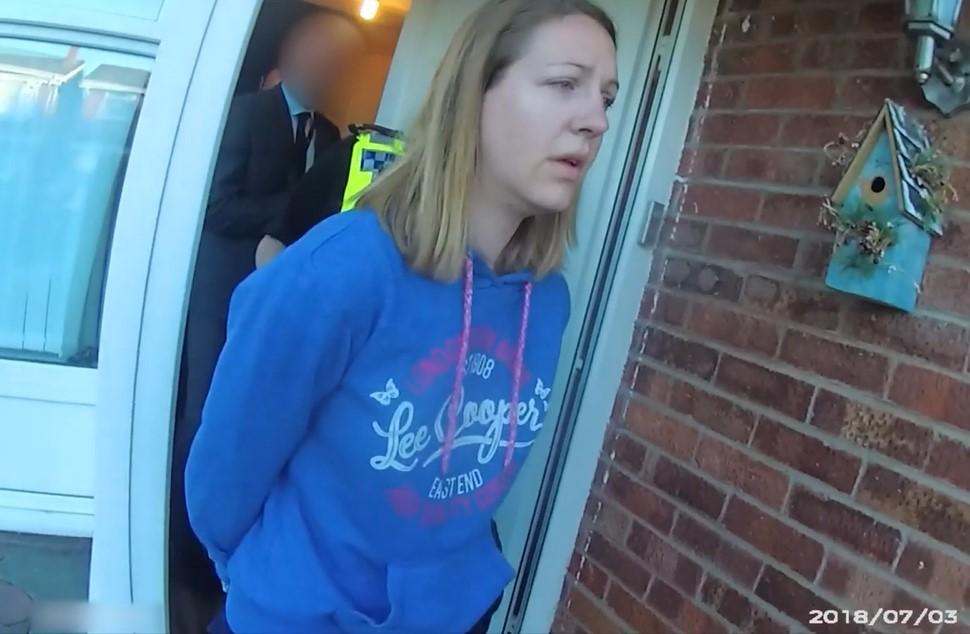A medical examiner will review the cause of death given in all those not investigated by a coroner in a policy designed to uncover criminal activity or medical negligence, the government has announced.
The new measures for England and Wales come in the wake of the Lucy Letby murder trial, which saw the former neo-natal nurse found guilty of killing seven babies and attempting to murder six others at the Countess of Chester Hospital.





